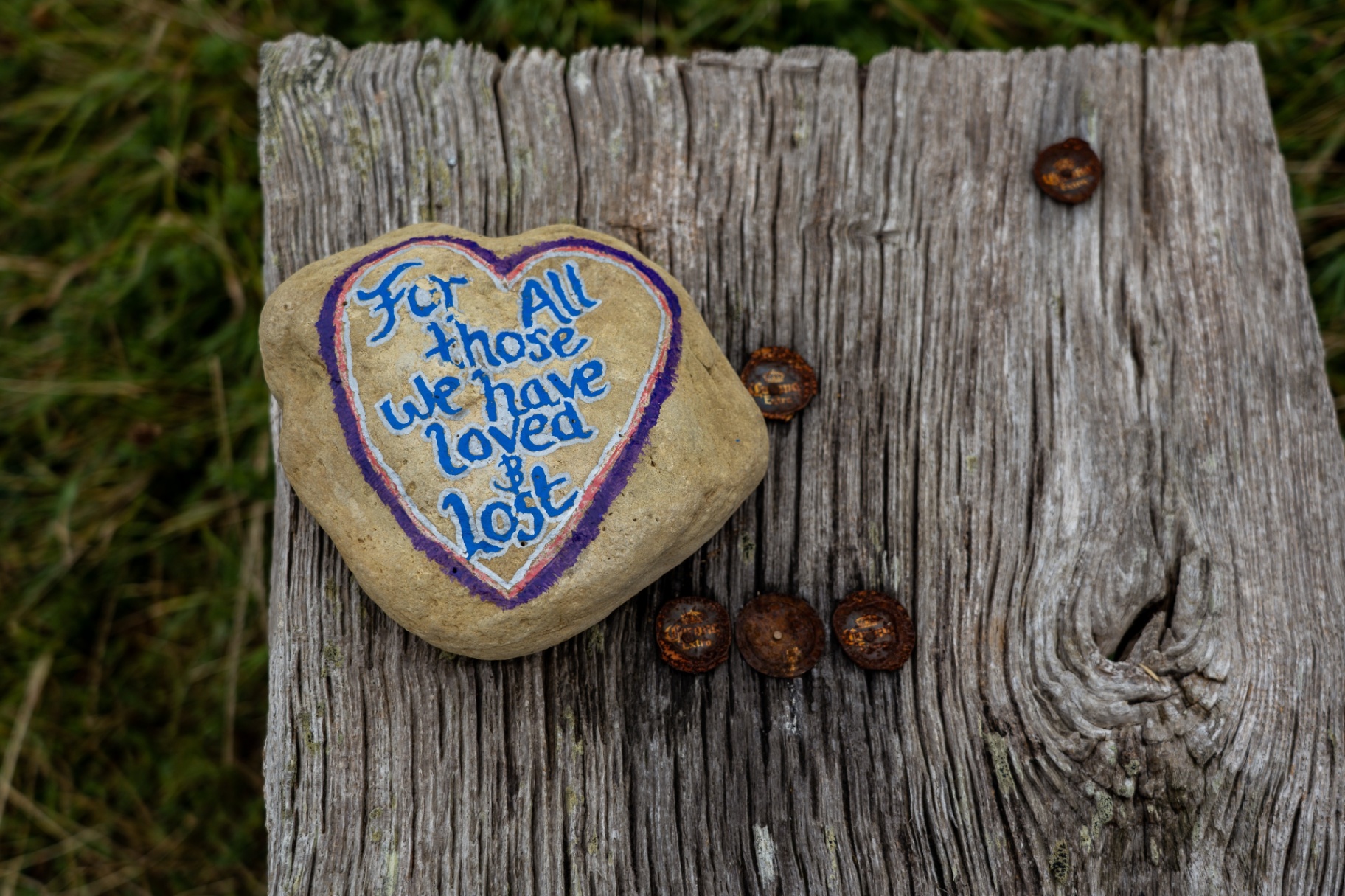The Unspoken Loss: When a Loved One Departs, a Part of Us Dies Too
Grief is a complex and deeply personal journey, one that can bring overwhelming emotions and challenges. When we lose a loved one, whether it be a family member, friend, or significant other, the impact goes far beyond the immediate void left in our lives. Often unacknowledged, but keenly felt, is the profound truth that a part of ourselves also dies with them. In this article, we delve into the intricate nature of loss and explore how the departure of a loved one can fundamentally alter our sense of identity and reshape our lives.
The Bond that Shapes Us:
The relationships we cultivate throughout our lives are fundamental to our growth and development as individuals. The connections we form with loved ones influence our thoughts, beliefs, and actions. Our identities become intertwined with theirs, creating a unique bond that shapes who we are. When a loved one passes away, it is not just their physical presence we mourn but the intricate network of experiences, shared memories, and shared identities that cease to exist.
The Loss of Shared Experiences:
Losing a loved one means losing the companionship and shared experiences that formed the very fabric of our lives. Whether it was a parent who provided guidance and unconditional love, a sibling who shared childhood adventures, or a romantic partner who offered unwavering support, their absence leaves us feeling adrift. Suddenly, the person who understood us like no one else is gone, taking with them the profound understanding and shared history that defined our relationship.
Identity Redefined:
The departure of a loved one can lead to a profound reevaluation of our own identities. The roles we played in relation to that person – a caring sibling, a devoted child, a supportive friend, or a loving partner – become obsolete. We are forced to confront the question of who we are in the absence of that relationship. The loss may leave us feeling fragmented, as if a vital piece of our identity has been shattered, leaving behind a void that cannot be filled.
Navigating the Mourning Process:
Grieving the loss of a loved one involves grappling with the myriad emotions that arise, including sadness, anger, guilt, and even relief. It is essential to recognize that the mourning process is unique to each individual. Understanding that the loss of identity is a natural part of grieving allows us to be compassionate with ourselves and patient as we navigate through the healing journey.
Rebuilding a New Identity:
While we can never fully replace the person we have lost, we can find solace and purpose in rebuilding our identities. As we heal, we can honor the memory of our loved one by embracing the lessons they taught us and cherishing the values they instilled in us. Engaging in self-reflection, seeking support from friends, family, or professionals, and engaging in activities that bring us joy can help us rediscover our sense of self and gradually move forward.
Losing a loved one is an indescribable pain that reverberates far beyond the confines of the immediate loss. Acknowledging that a part of us dies with them allows us to approach grief with empathy and understanding. As we navigate the intricate path of mourning, we must remember that through rebuilding our identities, we can honor the love, the memories, and the invaluable impact they had on our lives. Though changed forever, we can find hope in knowing that our loved ones continue to live within us, shaping our lives even in their absence.


